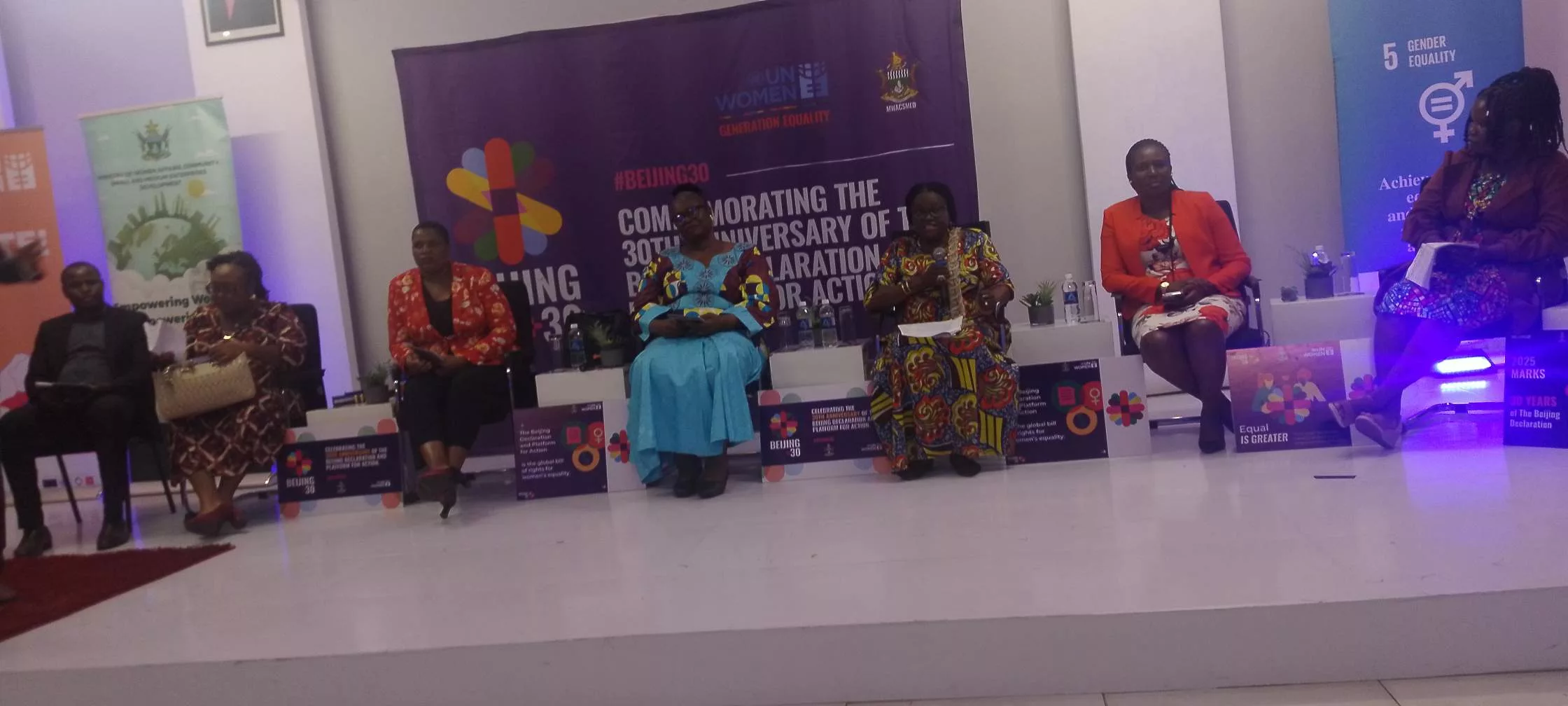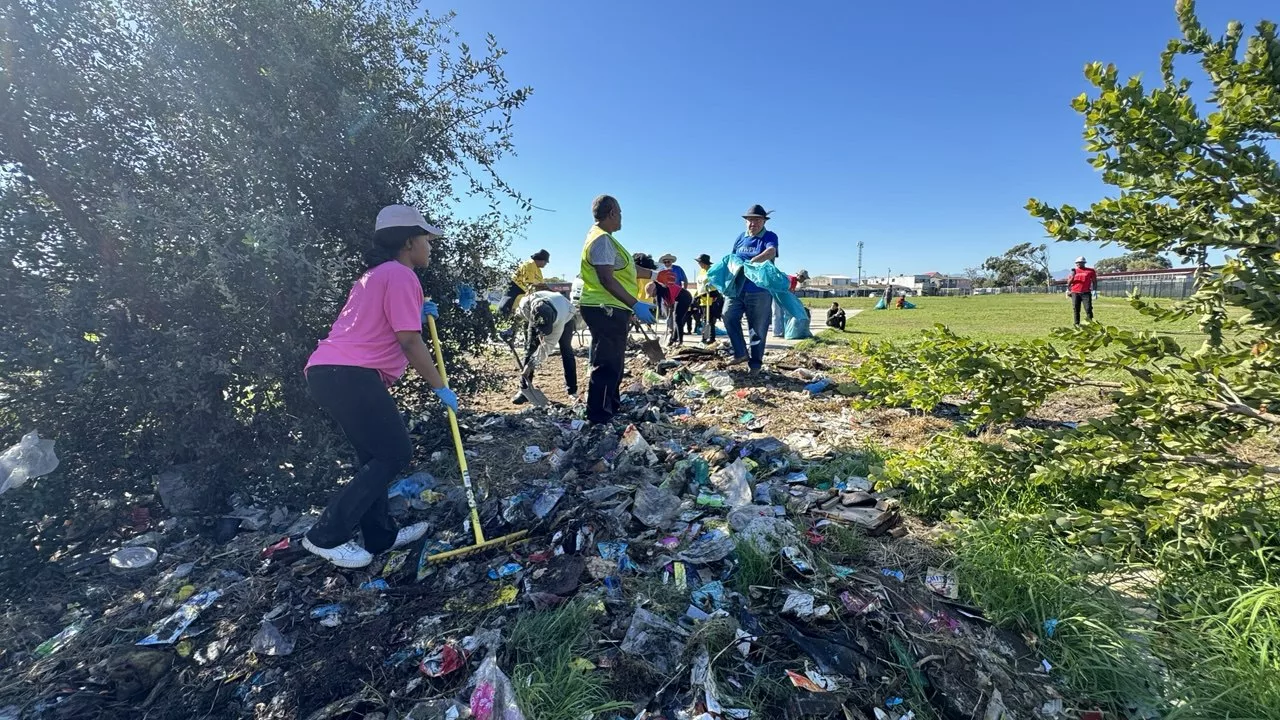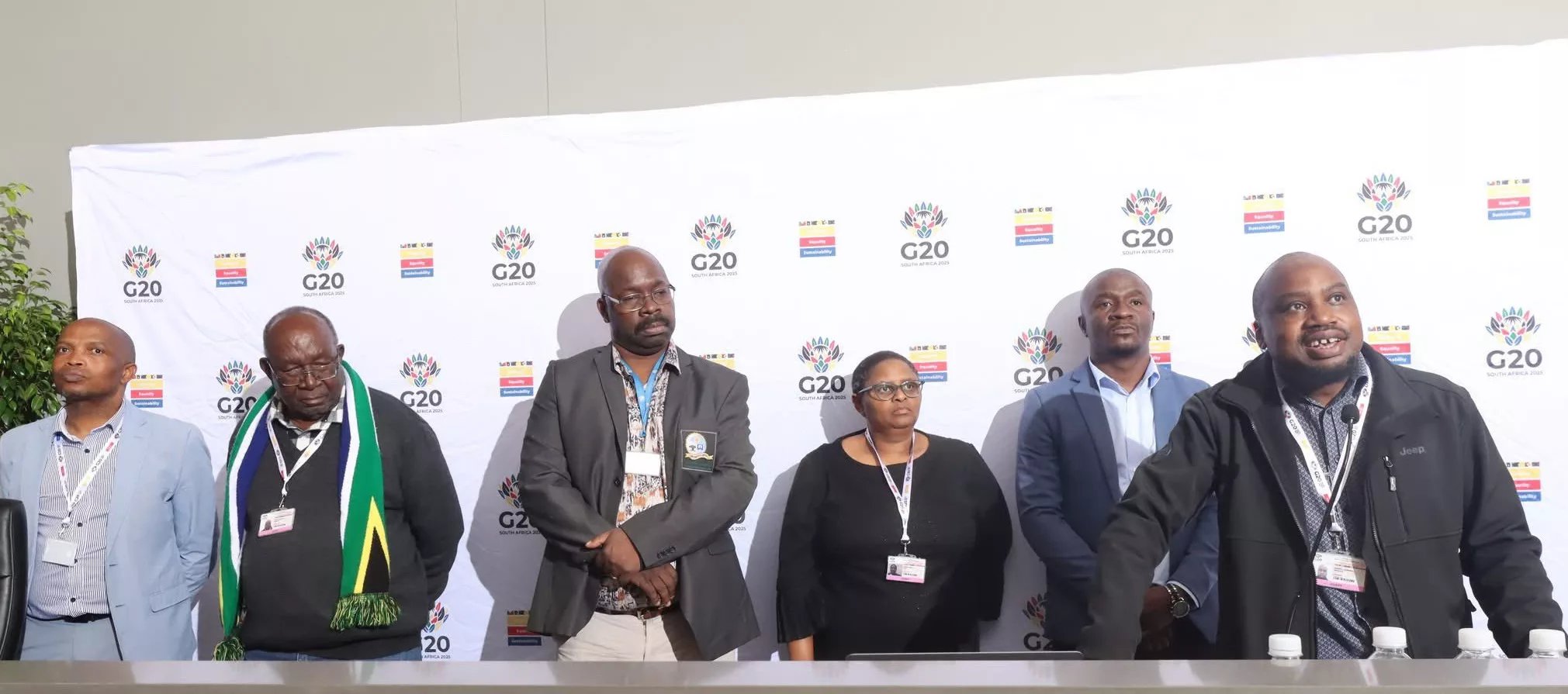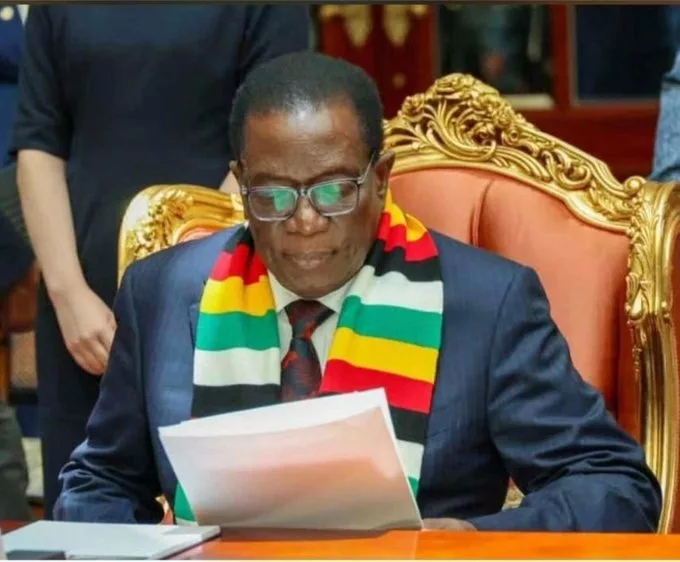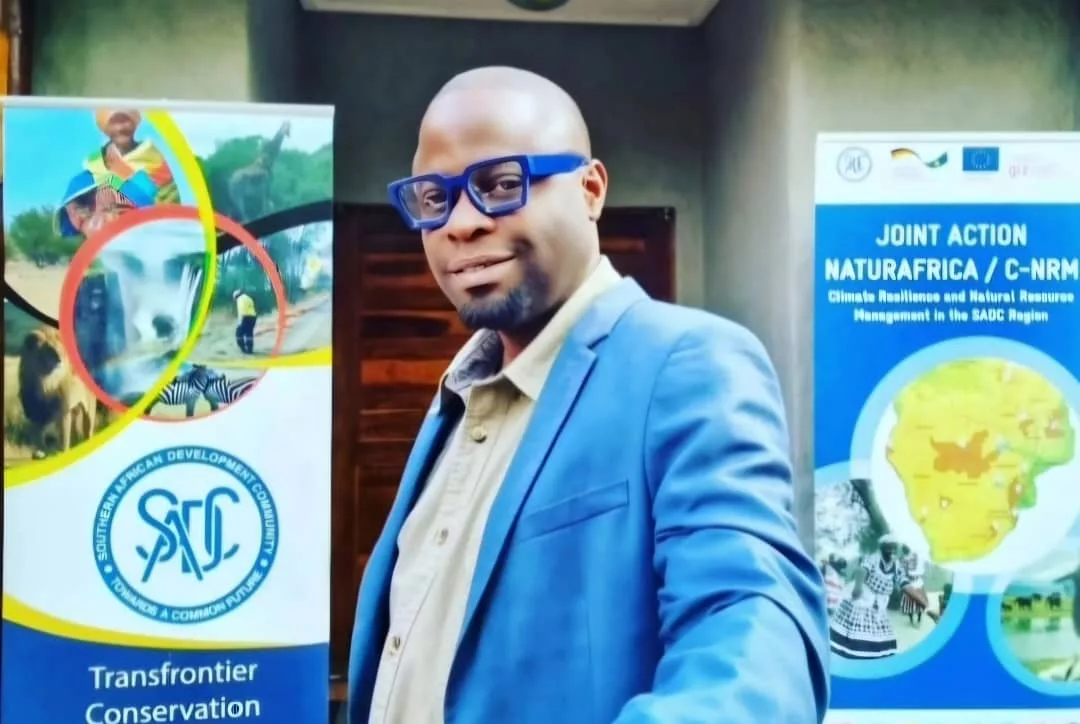Gender equality and women empowerment and development can be achieved by involving stakeholders including men and the media, a Beijing +30 stakeholder feedback meeting in Harare today has heard.
Addressing delegates, Dr. Mavis Sibanda, the Permanent Secretary for Women Affairs, Community, Small and Medium Enterprises Development said today’s gathering was designed to pursue key issues central to the gender equality and women empowerment agenda.
It seeks to launch the Beijing Plus 30 national commemoration campaign, building on accelerated action, proper new insights and a renewed commitment to drive efforts to improve gender equality and women empowerment agenda; quality and effectiveness of gender equality and women empowerment development cooperation including towards the implementation of the Beijing Declaration the Platform for Action and the 2030 Agenda for Sustainable Development.
It also seeks to share the Ministry’s achievements, progress on the implementation of the Beijing Declaration and Platform for Action in the past five years and provide feedback from the meetings which were held at AU, Beijing, and the CSW-69 consultation process.
The meeting was meant to outline and map gender equality and women empowerment strategic areas of focus for 2025 and beyond while providing an opportunity for the development partners to identify the areas of interest which they can support.
Admire Mutizwa, the Director of the Zimbabwe Council of Churches (ZCC), who is a He4She Champion, said while stakeholders are celebrating Beijing 30 plus, there is a need to take the opportunity to envision the future.
“What is our vision for the future? So to begin with, what inspires me to be working in this field? The first is the gap between what is ideal and the reality. I think in terms of our realities, we have a lot of opportunities. We still have many women, youth, and other marginalized groups that continue to experience injustice, and that continue to experience a lack of fairness in our communities.
“When it comes to women’s leadership, we still have gaps. We have made some milestones, but we still have some gaps. In particular, I want to emphasize that to attain gender justice and women empowerment, we need to bring close these stories that touch our lives. As a man working within this space, I am inspired every day when I look back to see my mom at my back pushing me to go to school and going through all the challenges for me to go up to the university and to be where I am today,” Mutizwa said.
To achieve equality, he encouraged the electorate to vote for more women in leadership positions.
“So we need to envision this future where we continue to empower women into leadership positions, where we continue to capacitate women as role models in our societies. And I want to reiterate that let’s bring out the humanity in us. If we bring the human element into our hearts, we will be able to attain gender justice and the empowerment of women in our communities.
“How can we better engage women but also males? I would want to honestly submit that there are so many males who are still afraid of the empowerment of women. And we still need to do a lot of male engagement for the empowerment of women,” Mutizwa added.
Addressing the same gathering, Victoria Ruzvidzo, the Editor of the Hearald, said to situate women’s empowerment, the media has a critical role to play.
“So, the women know something about Beijing. Even the young ones, now appreciate and know what Beijing is. That is the role of the media. If information on women, on the women’s movement if I may call it, were just in the four corners of this room, the four walls, they would not go out. No one would know anything about it.
“Not much effort will be made by the government or the target centre because there will be no information. But because of the newspapers, the televisions, the radio and now we have social media even, the information goes out there. Information is put on the dashboard. Information is discussed. Information is tabled and decisions are made. That is why we are here and that is why the statistics have improved since 1995 up to this day. The private sector was telling us just now that a lot of organisations have been established,” Ruzvidzo said.
Ruzvidzo said there has been so much that has been accented to, so many signatures to change and improve the climate so that women can progress, women can prosper, women can get a fair share of their cake, of the cake also. She added that if the media was not available, if stories were not written, if nothing was put on TV about the need for this development discourse to do with women, it would just be hush-hush voices among those who are attending conferences and workshops.
“But we have made sure, as the media, that things are brought to you. What is the role of the media in all this, you see? Do we even know about Beijing? Yes, we know about Beijing. What happened in Michigan in the early stages of the 19th century? There was a lot of reportage about what had happened in Beijing, what areas were neglected, like the objectives, the growth areas, and everything, and what were governments doing. But unfortunately, it was just mere reporting of that. But now, the media has evolved to become a more active player, a more active advocate of gender equality. The media is going all out.
“To ensure this, it’s taken a long way, I must admit. There’s so much that needs to be done to improve the coverage of issues to do with women, or issues to do with gender diversity, gender progress, and so forth. So, also going back to your question, what can we do? There’s a lot we can do. As media, we hold stakeholders to account. This includes government, the private sector, civil society, and everyone.
“And now we are celebrating the 30-plus new people. It is our role as media to say, all right, since 1995 up to today, what has the government done? What has the private sector done? What have people done? Because all of us have a role to play, even as individuals. In your own sphere of influence, what are you doing to advance gender equality? What are you doing to shape opinion in your respective communities? And what are you doing to hold those to account, to hold those accountable for it?” she added.


